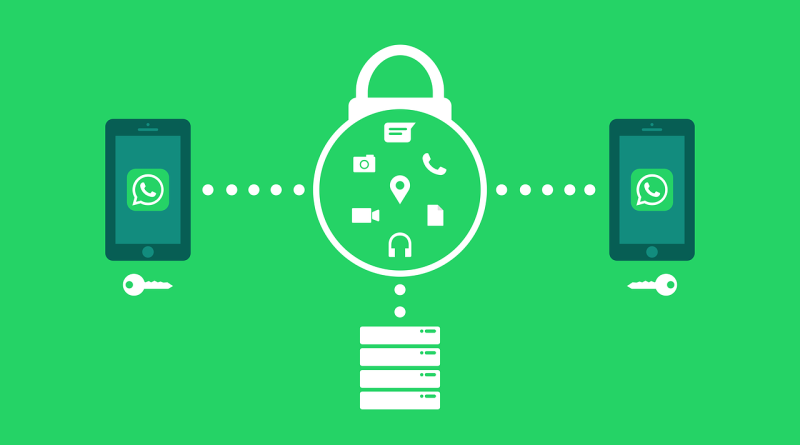Unlocking the Power of WhatsApp Marketing: A Comprehensive Guide
In the ever-evolving landscape of digital marketing, one platform has emerged as a potent tool for businesses looking to engage with their audience in a more personalized and immediate manner: WhatsApp. With over 2 billion users worldwide, WhatsApp has transcended its original purpose as a messaging app to become a robust platform for marketing and customer communication.
Leveraging WhatsApp marketing effectively can yield tremendous benefits for businesses, from increased brand awareness to enhanced customer satisfaction. In this comprehensive guide, we’ll delve into the intricacies of WhatsApp marketing and explore strategies to unlock its full potential.
Understanding WhatsApp Marketing:
WhatsApp marketing involves leveraging the platform’s features to connect with customers, share relevant content, and drive engagement. Unlike traditional marketing channels, WhatsApp offers a more intimate and interactive way to communicate with your audience, allowing businesses to establish genuine connections and build brand loyalty.
Key Features of WhatsApp for Marketing:
#1. Messaging: The core functionality of WhatsApp revolves around one-on-one and group messaging, enabling businesses to communicate directly with customers in real time.
#2. Broadcast Lists: Businesses can create broadcast lists to send messages to multiple recipients simultaneously while maintaining the feel of a personal message.
#3. WhatsApp Business App: WhatsApp offers a dedicated app for businesses, providing features such as business profiles, automated responses, and messaging statistics to streamline communication.
#4. WhatsApp Business API: For larger businesses and enterprises, the WhatsApp Business API offers more advanced features and customization options for scaling communication efforts.

Effective Strategies for WhatsApp Marketing:
#1. Personalized Communication: Use WhatsApp to engage with customers on a personal level, addressing them by name and tailoring messages to their specific preferences and interests.
#2. Customer Support: Provide timely and responsive customer support via WhatsApp, allowing customers to reach out with inquiries, feedback, or concerns.
#3. Content Sharing: Share valuable content such as product updates, promotions, and exclusive offers with your audience through WhatsApp.
#4. Automated Messages: Utilize automation tools to set up automated responses for frequently asked questions, appointment reminders, order confirmations, and more.
#5. Interactive Campaigns: Engage your audience with interactive campaigns such as polls, quizzes, and contests, encouraging participation and driving engagement.
#6. Integration with Other Channels: Integrate WhatsApp into your omnichannel marketing strategy, allowing customers to seamlessly transition between WhatsApp, email, social media, and other channels.
Best Practices for WhatsApp Marketing:
#1. Respect Privacy: Always obtain consent before messaging individuals on WhatsApp, and respect their privacy preferences.
#2. Provide Value: Deliver content that is relevant, informative, and valuable to your audience, avoiding spammy or promotional messages.
#3. Be Responsive: Maintain a prompt and attentive presence on WhatsApp, responding to customer inquiries and messages promptly.
#4. Monitor Analytics: Use WhatsApp Business tools to track metrics such as message open rates, response times, and engagement levels, allowing you to measure the effectiveness of your marketing efforts.
#5. Stay Compliant: Adhere to WhatsApp’s terms of service and guidelines for business messaging, ensuring compliance with regulations such as GDPR and TCPA.
Case Studies:
- DTC Brand Success: A direct-to-consumer (DTC) brand saw a significant increase in sales by implementing WhatsApp as a customer support channel, providing personalized recommendations and assistance to shoppers.
- Local Business Outreach: A small local restaurant used WhatsApp to take orders, provide updates on menu specials, and engage with customers, resulting in higher customer satisfaction and repeat business.
- Event Promotion: An event organizer created a broadcast list on WhatsApp to share event details, exclusive offers, and reminders with attendees, leading to increased attendance and engagement.
Conclusion
WhatsApp marketing offers businesses a powerful platform to connect with customers, drive engagement, and build lasting relationships. By leveraging its features effectively and adhering to best practices, businesses can unlock the full potential of WhatsApp as a marketing tool.
Whether you’re a small local business or a global enterprise, integrating WhatsApp into your marketing strategy can yield tangible results and drive growth in today’s digital landscape.

